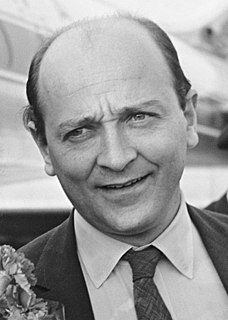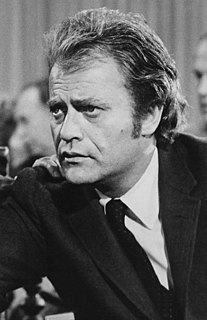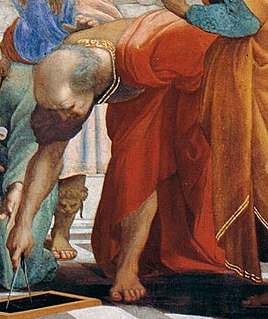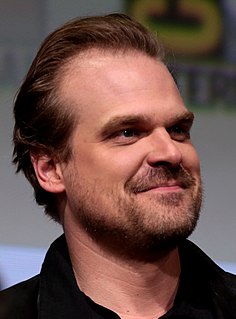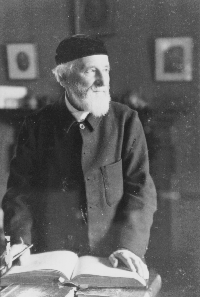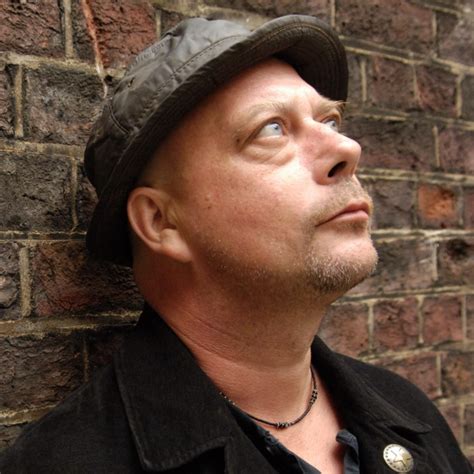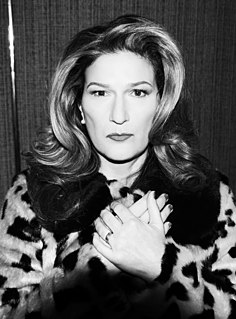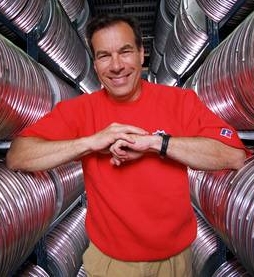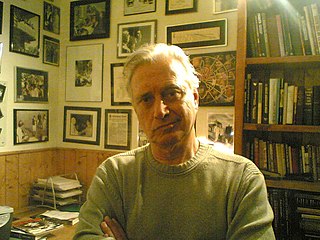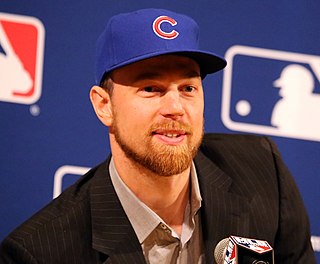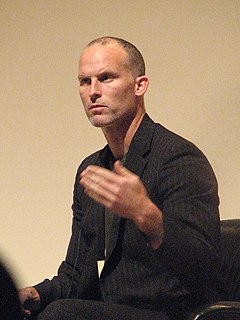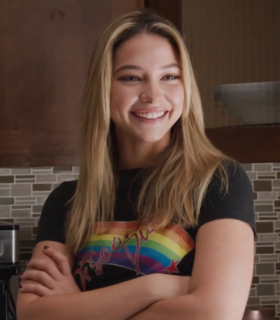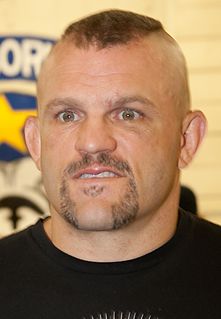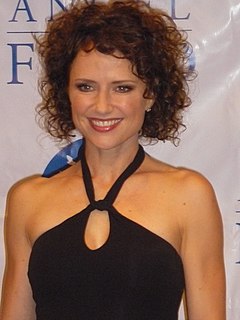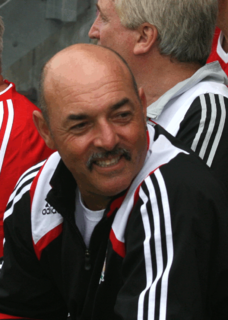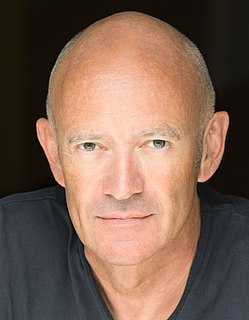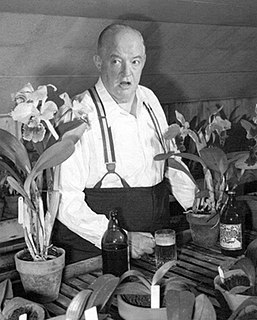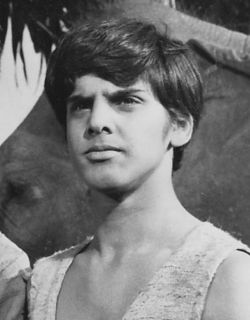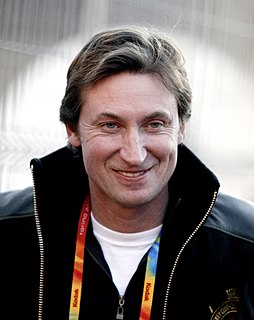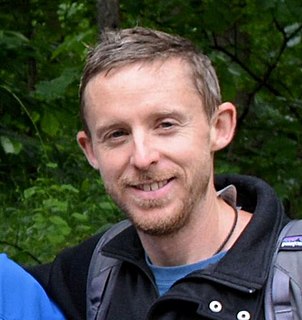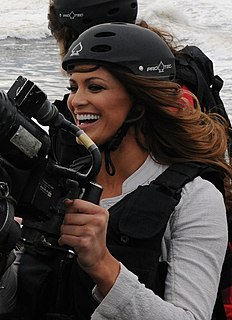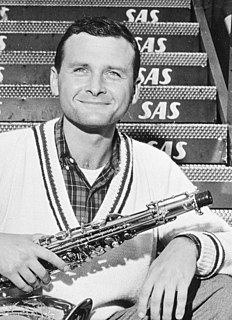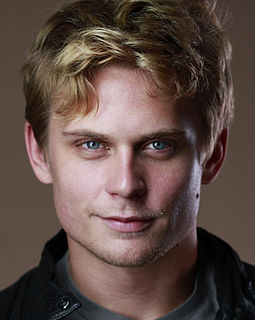Top 1200 Camera Angles Quotes & Sayings
Explore popular Camera Angles quotes.
Last updated on April 14, 2025.
The camera has a mind of its own--its own point of view. Then the human bearer of time stumbles into the camera's gaze--the camera's domain of pristine space hitherto untraversed is now contaminated by human temporality. Intrusion occurs, but the camera remains transfixed by its object. It doesn't care. The camera has no human fears.
There's a lot of thinking when you choreograph something. You're not just choreographing some bodies, arms, legs flying around to look cool. It's a lot more complicated and sophisticated. You also have to deal with the connection of the whole film, so when I choreograph, I think of the movement itself, the camera angles, the characters.
What, then, is light according to the electromagnetic theory? It consists of alternate and opposite rapidly recurring transverse magnetic disturbances, accompanied with electric displacements, the direction of the electric displacement being at the right angles to the magnetic disturbance, and both at right angles to the direction of the ray.
The difference between an amateur and a professional photographer is that the amateur thinks the camera does the work. And they treat the camera with a certain amount of reverence. It is all about the kind of lens you choose, the kind of film stock you use… exactly the sort of perfection of the camera. Whereas, the professional the real professional – treats the camera with unutterable disdain. They pick up the camera and sling it aside. Because they know it’s the eye and the brain that count, not the mechanism that gets between them and the subject that counts.
Alisson is undoubtedly one of the best goalkeepers in the world and he deserves to be put on that pedestal. Him and Manuel Neuer are probably the best two when it comes to angles - those two are the very best in the world at getting their angles right, they don't have to dive because they aren't out of position.
I like to be flexible in the way I take pictures. I do not use a tripod, and I move around in the crowd, of which I am myself part.... I try to preserve the dynamics of the street, and my way of using the camera tries to approximate as much as possible the way we see: focusing on details, opening up to wider angles, and composing all these very short, fragmented impressions into a larger mental picture.
I have received the digital camera as a blessing. It has really changed my life as a filmmaker, because I don't use my camera anymore as a camera. I don't feel it as a camera. I feel it as a friend, as something that doesn't make an impression on people, that doesn't make them feel uncomfortable, and that is completely forgotten in my way of approaching life and people and film.
The camera is one of the most frightening of modern weapons, particularly to people who have been in warfare, who have been bombed and shelled for at the back of a bombing run is invariably a photograph. In the back of ruined towns, and cities, and factories, there is aerial mapping, or spy mapping, usually with a camera. Therefore the camera is a feared instrument, and a man with a camera is suspected and watched wherever he goes... In the minds of most people today the camera is the forerunner of destruction, and it is suspected, and rightly so.
Climbing a big wall over several days is like running a giant construction project: constantly making lists, rigging ropes, organising food, figuring out camera angles - but you're in this crazy place with your best friends, and it does take on a party atmosphere sometimes, like a big dudes' camping trip.
Kissing scenes are never romantic or sexy, they're actually super technical, like, "Move your head, you're blocking her light," or, "Stop looking like an idiot when you kiss her." You do it again and again because of the camera angles and takes and whatnot. So by the end of it, it's not even kissing. All the anything is totally drained out of it.


